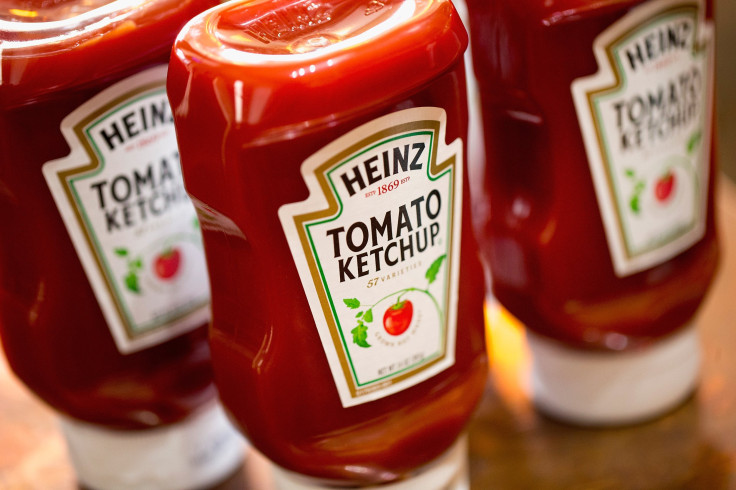Ketchup Shortage Threatens The One Condiment Americans Can't Live Without
Another staple shortage is plaguing the food industry amid the pandemic as restaurants across the U.S. are having a hard time keeping ketchup in stock.
The shortage specifically is affecting ketchup packets, which are being used in restaurants in lieu of condiment bottles as a sanitary measure during the coronavirus pandemic, The Wall Street Journal reported.
According to the report from the Journal, the shortage is sending the price of these single-use ketchup packets surging 13% since January 2020, data from restaurant technology platform Plate IQ indicated as demand increases among restaurants looking to meet COVID guidelines for takeout and dining food orders.
The Centers for Disease Control and Prevention has advised restaurants to avoid shareable food items, leaving many restaurants to eliminate condiments bottles that typically lined tables. Instead, these food businesses have opted for single-serve packets for ketchup, mustard, and mayonnaise to top menu items to avoid the spread of the virus.
Heinz, the largest maker of ketchup in the industry, has been challenged with keeping up with demand for the product, and it hasn’t been an easy task.
“We’re busy doing everything we can,” Steve Cornell, an executive at Heinz parent company Kraft Heinz (KHC), told the WSJ.
Heinz said it planned to increase its production by 25% to 12 billion ketchup packets per year to keep up with the new demand, but restaurants are already feeling the condiment pinch and are having to get creative to meet their customers’ ketchup needs.
One restaurant owner, Chris Fuselier of Denver’s Blake Street Tavern, went so far as to switch ketchup brands when he couldn’t get his regular supply order from Heinz.
Fuselier told the news outlet, “How can we serve French fries without Heinz ketchup?”
Other restaurants have turned to more drastic measures to ensure their customers have ketchup, running up bills that top over $500,000 as Long John Silver’s told the Journal, the expense caused it to seek out a secondary supplier.
Still others, such as Texas Roadhouse, which used 55 million ounces of ketchup in 2020, shops for the condiment at Costco, and other wholesalers, to make ends meet, WSJ said.
This is not the only shortage that has hit the supply chain during the pandemic.
During the height of the pandemic, Clorox Wipes were virtually impossible to find on store shelves, and Grape-Nuts cereal was also in such high demand that it was being sold well over face value for a box. There was also a pepperoni shortage due to the increase in pizza orders and the labor-intensive process to make the cured meat.
Now, it is predicted that instant coffee and toilet paper will once again be in high demand as container space on ships is scarce.
Ketchup sales were up 15% in 2020, compared to a year earlier, according to data from market research firm Euromonitor, as reported by the WSJ.
Share of Kraft Heinz were trading at $40.65 as of 12:35 p.m. EDT, up 34 cents or 0.86%.

© Copyright IBTimes 2024. All rights reserved.





















